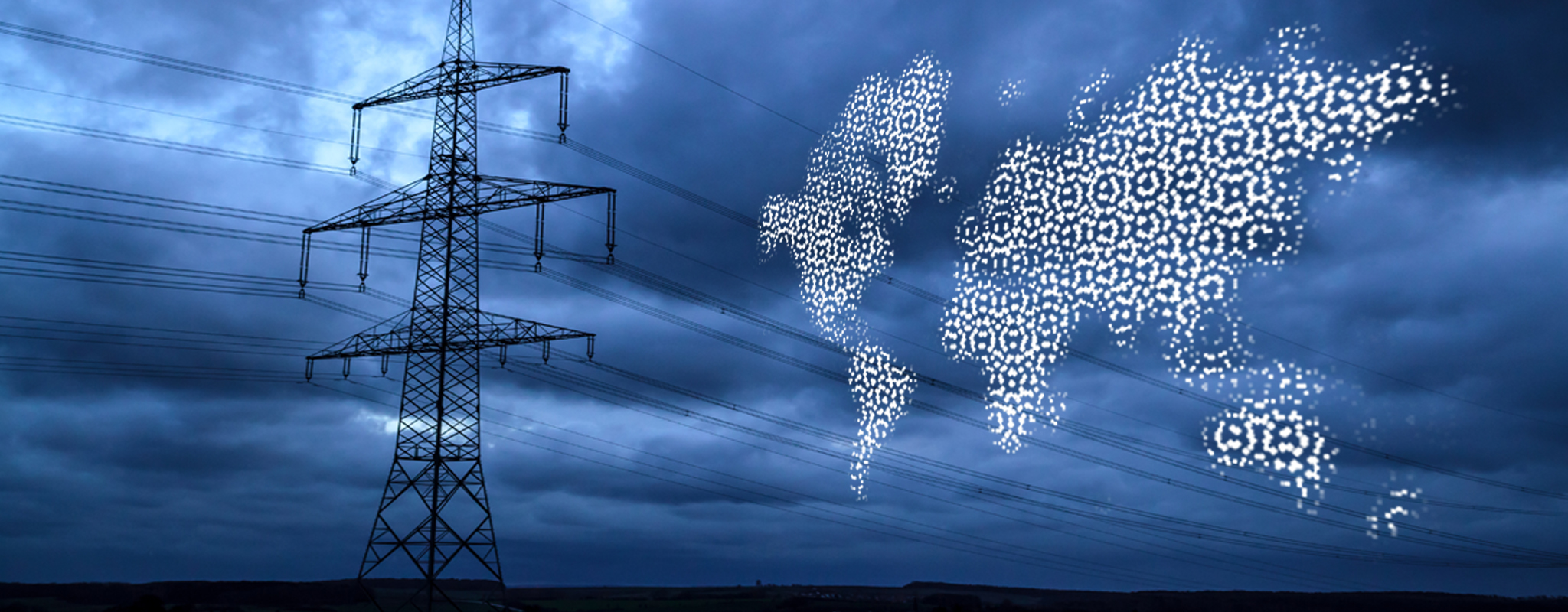The overarching goal of the transformation of energy systems is the drastic reduction of climate-damaging CO2 emissions. This goal requires a holistic view of all elements of energy conversion and use, including all consumption sectors - private households, transport, industry and commerce - and all energy sources. The increasing use of variable renewable energy sources require a flexibility in the area of complementary energy supply and energy use, an increasing use of storage facilities of different technologies and sizes and, overall, an increasing convergence of the various components of the energy system.
At Fraunhofer ISE, we have developed a number of different, complementary modeling tools to map increasingly complex energy systems in detail. Time steps of hours and smaller are used to adequately capture the interplay of the contained components in their dynamics. The models differ, for example, in terms of spatial resolution and system boundaries. Thus, customer-specific questions can be answered using the most suitable model. The energy system model REMod focuses on national and transnational energy systems and their transformation. Further models address partial aspects, e.g. the interaction of renewable energies for power generation with distribution grids and storage facilities (ENTIGRIS model). We have developed the DISTRICT and Kommod for decentralized energy supply. These models answer questions regarding the concrete technical and economic implementation of local energy systems and municipal climate protection concepts.
Common to all models is the use of powerful optimizers to determine cost-minimized comprehensive solutions under given boundary conditions - e.g. upper limits for energy-related CO2 emissions.
